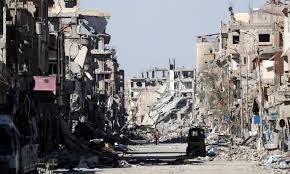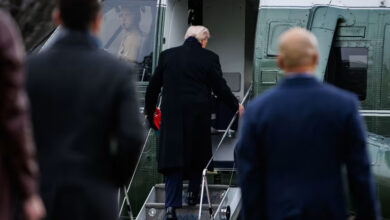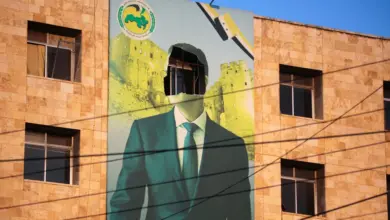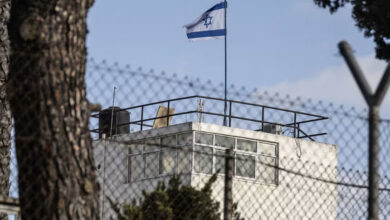
A Saudi official has visited northern Syria with a US envoy to discuss reconstruction of Raqqa, which Kurdish and Arab militias backed by a US-led coalition, captured from Islamic State on Tuesday, an adviser to the militias said.
Saudi Gulf Affairs Minister Thamer al-Sabhan visited the area with Brett McGurk, the US special envoy to the coalition against Islamic State, and met the Raqqa Civil Council said Amed Sido, an adviser to the Syrian Democratic Forces (SDF) alliance.
The Saudi Okaz newspaper also reported on Thursday that Sabhan had visited northern Syria and that Riyadh and Washington had discussed the reconstruction of Raqqa.
Saudi Arabia is a member of the US-led international coalition against Islamic State, set up in 2014, but no senior officials from Riyadh are known to have visited areas held by coalition allies in Syria.
Saudi Arabia’s Foreign Ministry was not immediately available for comment.
The SDF’s four-month battle against Islamic State in Raqqa, aided by coalition air strikes, left much of the city in ruins and forced much of its population to flee to camps nearby. International charity Mercy Corps said on Thursday that most of the city was uninhabitable.
The SDF and its allies set up the Raqqa Civil Council to run the city after the fighting was over.
The international coalition’s 73 members also include European countries, other Arab countries and Turkey. Its work includes supporting stabilization and restoration of public services to areas taken from Islamic State militants.
The Saudi officials who visited Raqqa to check the area were there to listen to discussions rather than take part, Sido said, adding that they met a reconstruction committee set up by the council.
“They promised that they would contribute in construction in Raqqa in the future,” Sido said. Sido is also an SDF coordinator with the coalition.
The main priority for the city’s reconstruction now is clearing landmines and bodies, and working on water and electricity projects, Sido said.
While no concrete plans were set in motion, Sido continued, “we consider it a first visit, a first step, that could be the beginning of future relations”.




